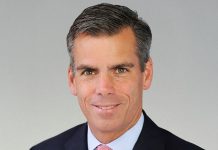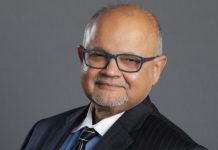As German FinTech Wirecard deals with the aftermath of its missing money scandal, there might be some hope on the horizon.
The global supplier of financial solutions has collaborated with over 250,000 other companies, including Allianz, Qatar Airways, KLM, and Transport for London, just to name a few. In 2018, Wirecard had €22.5 billion in market capitalization, more than twice that of Germany’s second largest lender, Commerzbank.
But a few weeks ago, it was discovered that 1.9 billion euros ($2.1 billion) were missing from the company’s accounts in the Philippines. The auditor, Ernst & Young, became suspicious of letters regarding the accounts, and the Philippine banks eventually confirmed that the letters were fakes. Wirecard then admitted that the money probably didn’t exist and withdrew its 2019 and first-quarter 2020 financial results.
Wirecard’s Founder and CEO Markus Braun resigned and was later arrested, facing charges of accounting fraud and market manipulation, while the company’s former chief operating officer Jan Marsalek is currently being sought by authorities across the globe. Felix Hufeld, head of Germany’s financial watchdog Bafin, called the crisis a “total disaster.” Just this week, the agency asked Munich prosecutors to look into possible insider trading in Wirecard shares.
As a result of the scandal, Wirecard has lost 98 percent of its value this year, and the company has filed for insolvency. But there could be a way out of this mess: Deutsche Bank said it would consider offering emergency financing to Wirecard.
Once the largest lender in the world by assets, Deutsche has had its fair share of scandals over the years, but says it is ready to provide support to Wirecard if necessary. Sebastian Krämer-Bach, a Deutsche Bank spokesman, added that the offer was being reviewed with Bafin and the insolvency administrator currently in charge of Wirecard’s affairs.
In the meantime, the Wirecard issue has put a spotlight on Bafin, with critics saying the regulator didn’t do enough to prevent such a scandal. “This does indeed raise questions that I have asked regularly over the last two years, and which we need to address at a regulatory, a political level,” Hufeld admitted.
























